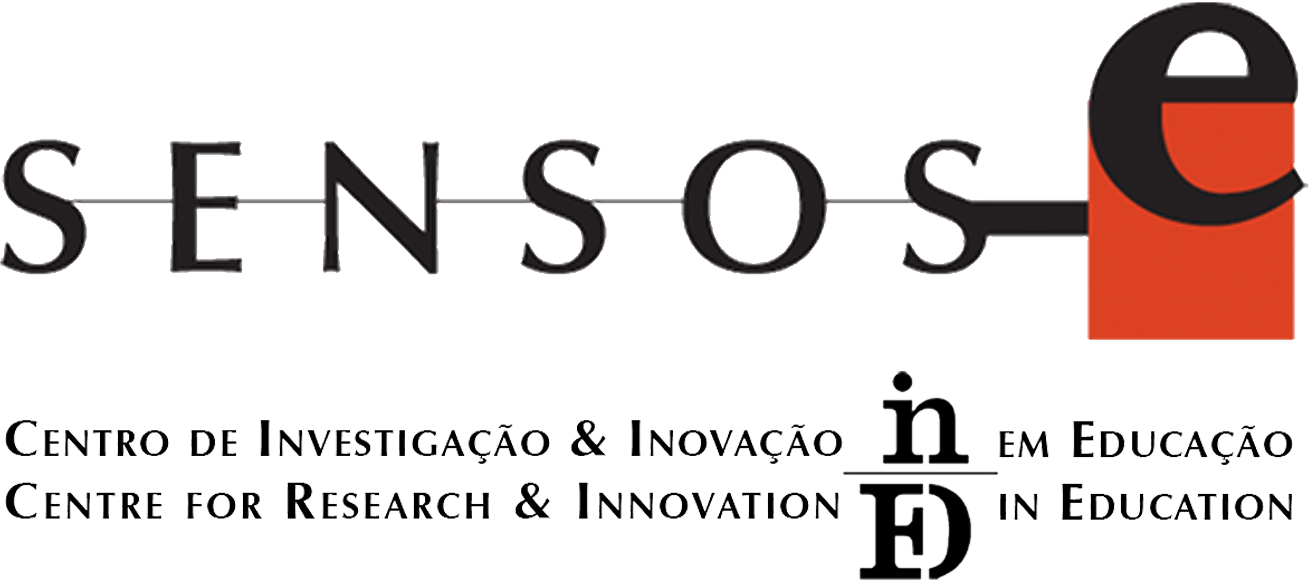Inclusive Education from the perspective of Early Childhood Educators
DOI:
https://doi.org/10.34630/sensose.v7i3.3692Keywords:
Pre-school Education, Inclusion, Educators’ inclusive profile, Attitudes, Children with additional support needsAbstract
Based on the assumption that teachers' attitudes have a critical role on implementing an inclusive education, in this article we sought for defining an inclusive educator profile and for factors influencing the building of that profile. Through a convenience sampling, eight educators of the north of Portugal were recruited for an interview and a questionnaire with vignettes describing functional limitations. Face to each of the vignettes the educators evaluated the chance of including the child on their classrooms and the reasons underlying their response. According with educators’ view, an inclusive profile is defined by the valorization of the difference, by personal feelings and values of respect, affection, and creativity; and by implementing a cooperative approach along with curricula and practices accommodations. From the analysis of the vignettes, the educators were convinced about the chance of children’ inclusion on their classroom, with the support of a special educator teacher. The size of the group, the resources, the legislation and the relationship with the family were considered as facilitators of inclusion; and the educators’ training and experience as critical factors for an inclusive profile.
Downloads
Published
How to Cite
Issue
Section
License
Copyright (c) 2020 Ana Caturna Gouveia, Manuela Sanches-Ferreira, Mónica Silveira-Maia

This work is licensed under a Creative Commons Attribution-NonCommercial-ShareAlike 4.0 International License.



